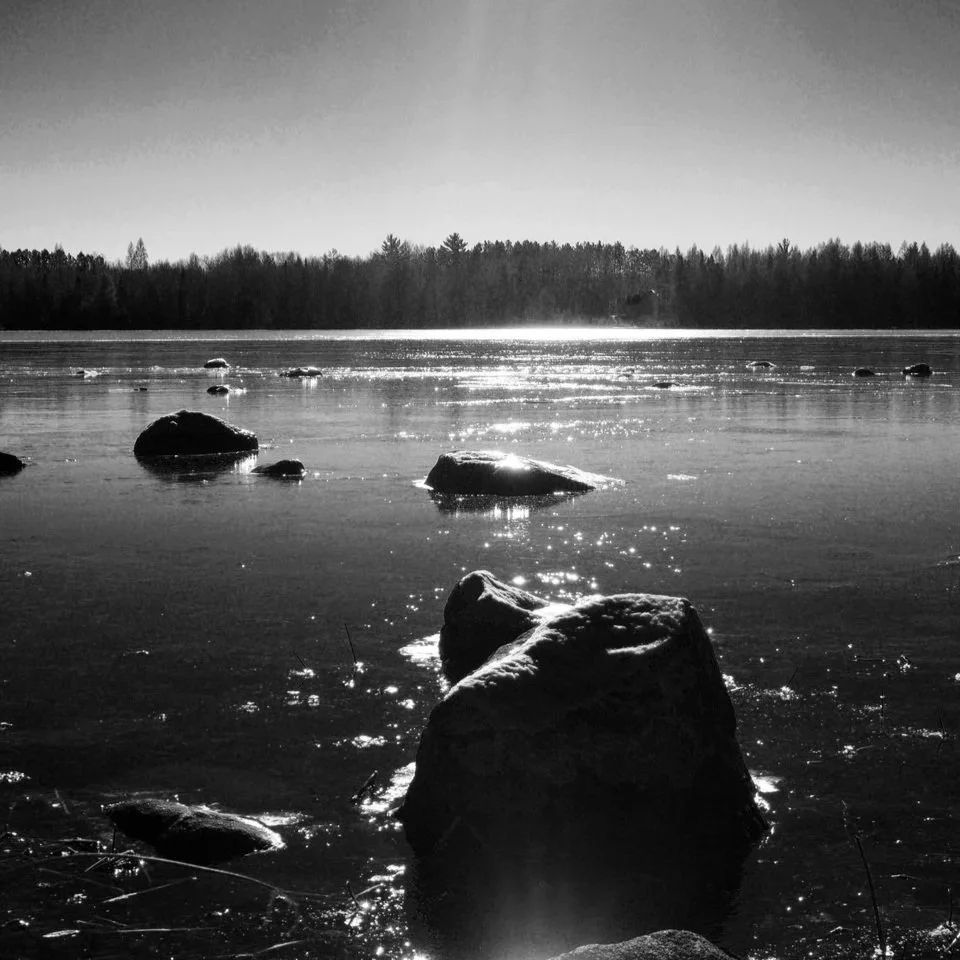The 2020 American Birkebeiner was one for the ages. Picture-perfect conditions; deep snow under blue skies and a warming late February sun; temperatures perfect for skiing, comfortable for spectating. Last year’s race, people commented, was about as good as it could be.
We walked from the finish line on the main street of Hayward to the sound of music and cheering crowds, to the smoky scent of bratwurst, walked among friends as the great tribe of Birkebeiner skiers put another one in the books. Things were good on that Saturday; things were as they should be. It was a great day to ski.
That night there were celebratory dinners and glasses lifted and news reports of the day and the race, reports also of a virus that had ravaged China and was now being found on the west coast. But only a few cases and far away from ski country. Things were good that evening. It was a fine day, that Birkie Saturday. Little did we know what was to come.
Little did we know that in the next weeks all that we took for granted would be fractured. Little did we know that COVID would come to us all. Little did we know that, for many, the Birkebeiner would be the last normal event in their lives. Little did we know…
By springtime most every major gathering had been canceled and lives upended and the cloud of COVID would weigh on us all. Every aspect of our lives was turned topsy turvy, everything we did was in a miasma of uncertainty and despair. The glory day of the previous Birkie forgotten, given up to the nervous times and dark days.
The American Birkebeiner announced last spring that come February 2021 they’d have an event but they did not know exactly what it would look like. February ‘21, back then, was a lifetime away. We had a lot to go through, we just did not know what.
Come autumn we knew what it would look like, the Birkie of 2021. Races spread out over five days to minimize contact; no spectators; limited on-course support, everything done with an eye toward reducing risk. And one more thing: The option to do a “virtual” race wherein a skier could do the Birkie distance on their own or with friends, do it where they lived to avoid travel and limit exposure; do the race distance and call it good. A virtual race in a time when so many other parts of our lives were remote or virtual.
Thursday I drove north as I’ve done most every Thursday of Birkie week for over 40 years, drove north through late winter woodlands in Northern Wisconsin but this year I did not drive to the land of the Birkebeiner, to Cable and Hayward and the long sinuous ski trail of the American Birkebeiner. This year I turned a few miles out of Minocqua, drove to the ski trails at Minocqua Winter Park to do the Birkebeiner virtually.
I had my reasons; I won’t bore anyone with them. It was simply what I decided to do after a lot of contemplation and consideration. I’d ski the kilometers required, do it as best I could – for that is all one can ask. I’d do the event on those trails, miss what I’d lose by not being there in person, take that as part of the lessons learned over the past 12 months, the simple fact that we may not like what we have but we need to deal with it as best we can. The simple fact that we do not always get what we want.
I was under no delusions that the route I’d ski that day was as difficult as the ski trail at the Birkebeiner course. I did not pretend that. I knew only that I needed to ski 43 kilometers in a reasonable time, do it on my own, do it in the solitary manner of cross country skiing.
Still, I was unsettled and unenthused as I started out. I skied with a marked indifference to the task at hand. I skied with no joy. I skied that way for four miles, maybe five, and then the ageless rhythm of skiing began to take hold, the balanced, symmetrical kick and glide that is at the heart of the sport, the flow that comes to me when I ski and has always brought comfort. I skied slowly and steadily, falling into the gentle technique that I have learned to love over the course of my lifetime.
When one races over distance one’s mind is engaged, aware of the subtle changes in glide and terrain, of fatigue building in muscle or breathing as it elevates. To ski competitively one must focus at all times. I no longer do that. Now over distance my mind wanders and I let it go where it will. In a long event, and this time I knew would be in the range of four hours, I would have plenty of time.
I skied in the comfort of memories of races now past, of good times and bad. I skied with the memory that it was the week of the anniversary of my mother’s death, skied with the thoughts of a dear friend, a longtime Birkie buddy laid low by a stroke last September, skied with the sadness of those memories. But skied also the with comforting satisfaction that in a time of turmoil in our lives one can find solace in simple tasks that tie us to the foundations of our lives.
I skied as I have skied for decades at the Birkebeiner and in that found the familiarity that so often escapes us this unsettled time. If we can do that these days, if we can find something, anything, that ties us to better times, then we are indeed fortunate.
I finished the forty-three kilometers, notched my forty-third Birkie. It had been a good day.

